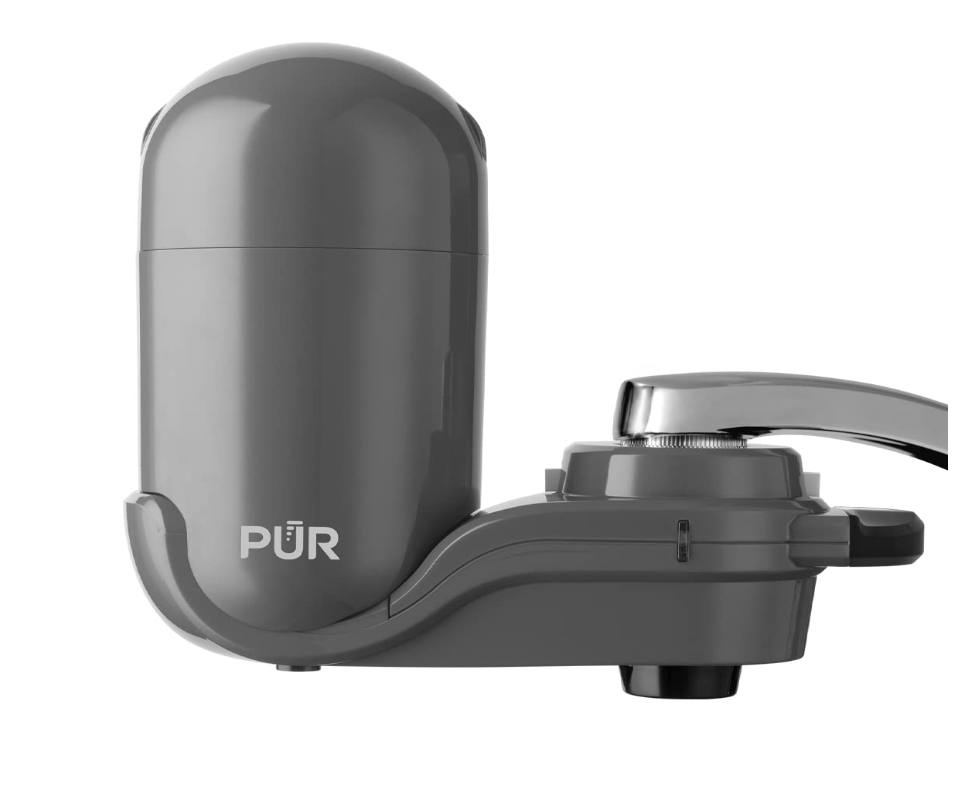Liver Health: The Dangers of Over-the-Counter Medications
In today’s fast-paced world, over-the-counter (OTC) medications have become a convenient solution for managing everyday ailments. From headaches to colds, these drugs offer quick relief without the need for a doctor’s prescription. However, while they offer convenience, they also pose significant risks, particularly to liver health. Understanding these dangers is crucial for protecting one of the body’s most vital organs. In this blog post, we’ll delve into the impact of OTC medications on liver health, backed by statistics, examples, and actionable tips.
Understanding the Role of the Liver
The liver is a powerhouse organ with over 500 essential functions. It plays a critical role in detoxifying the blood, producing vital proteins, and storing nutrients. Most importantly, the liver metabolizes drugs, including OTC medications. This process involves breaking down substances so they can be safely eliminated from the body. However, when the liver is overburdened with excessive medication, its ability to function optimally can be compromised.
Common OTC Medications and Liver Risks
Many people assume that OTC medications are completely safe. However, certain drugs can pose serious risks to liver health if not used as directed. Let’s take a closer look at some common OTC medications and their potential liver impacts.
Acetaminophen
Acetaminophen, found in Tylenol and other pain relievers, is one of the most widely used OTC drugs. When taken in excess, it is a leading cause of acute liver failure. According to the Centers for Disease Control and Prevention (CDC), acetaminophen-related liver damage results in approximately 56,000 emergency room visits annually in the United States.
Non-Steroidal Anti-Inflammatory Drugs (NSAIDs)
NSAIDs, such as ibuprofen and naproxen, are used to reduce inflammation and pain. While generally safe when used correctly, prolonged use or high doses can lead to liver damage. Research has shown that NSAIDs can cause liver enzyme elevations, indicating liver stress or injury.
Antihistamines
Commonly used to treat allergies, antihistamines can also pose risks to liver health, especially in older adults and those with pre-existing liver conditions. Studies have found that certain antihistamines can lead to liver enzyme abnormalities, underscoring the need for cautious use.
Signs and Symptoms of Liver Damage
Recognizing the signs of liver damage is crucial for early intervention. While liver damage can be asymptomatic in its early stages, certain symptoms may indicate a problem:
- Jaundice: A yellowing of the skin and eyes due to elevated bilirubin levels.
- Fatigue: Persistent tiredness or weakness.
- Abdominal Pain: Discomfort or pain in the upper right quadrant of the abdomen.
- Nausea and Vomiting: Frequent feelings of nausea or episodes of vomiting.
- Dark Urine: Urine that is darker than usual may indicate liver issues.
Statistics on OTC Medication-Related Liver Damage
To better understand the scope of the issue, let’s look at some key statistics:
- Acetaminophen is the primary cause of acute liver failure in the United States, accounting for approximately 50% of all cases.
- Each year, around 2,500 hospitalizations are attributed to acetaminophen overdose.
- A study published in the Journal of Clinical Gastroenterology found that NSAID-related liver injuries occur in approximately 1 in 10,000 users.
Actionable Tips for Protecting Your Liver
Protecting your liver while using OTC medications is possible with a few simple precautions:
Read Labels Carefully
Always read the labels of OTC medications to understand the active ingredients and recommended dosages. Pay attention to warnings and contraindications, especially if you have pre-existing health conditions.
Avoid Mixing Medications
Mixing multiple medications, especially those containing acetaminophen, can increase the risk of liver damage. Use one medication at a time and consult a healthcare professional if you need to combine treatments.
Limit Alcohol Consumption
Alcohol can intensify the liver-damaging effects of certain medications. Limit or avoid alcohol consumption while taking OTC drugs to reduce the risk of liver injury.
Consult a Healthcare Professional
If you frequently use OTC medications or have concerns about liver health, consult a healthcare professional. They can offer personalized advice and recommend safer alternatives.
Adopt a Liver-Friendly Lifestyle
Maintain a healthy diet, exercise regularly, and stay hydrated to support liver health. Foods rich in antioxidants, such as fruits and vegetables, can help protect the liver from damage.
Conclusion
Over-the-counter medications offer convenience and relief for many common ailments, but it’s essential to be aware of the potential risks to liver health. By understanding the dangers, recognizing symptoms of liver damage, and taking proactive steps to protect your liver, you can continue to benefit from these medications safely. Always prioritize your liver health, and don’t hesitate to seek professional guidance when needed. Remember, a healthy liver is a cornerstone of overall well-being.
Share this content:
About The Author
Discover more from J and J Fitness
Subscribe to get the latest posts sent to your email.





